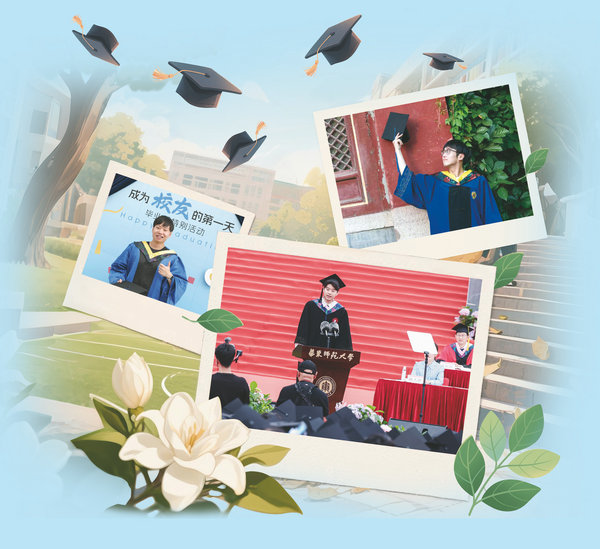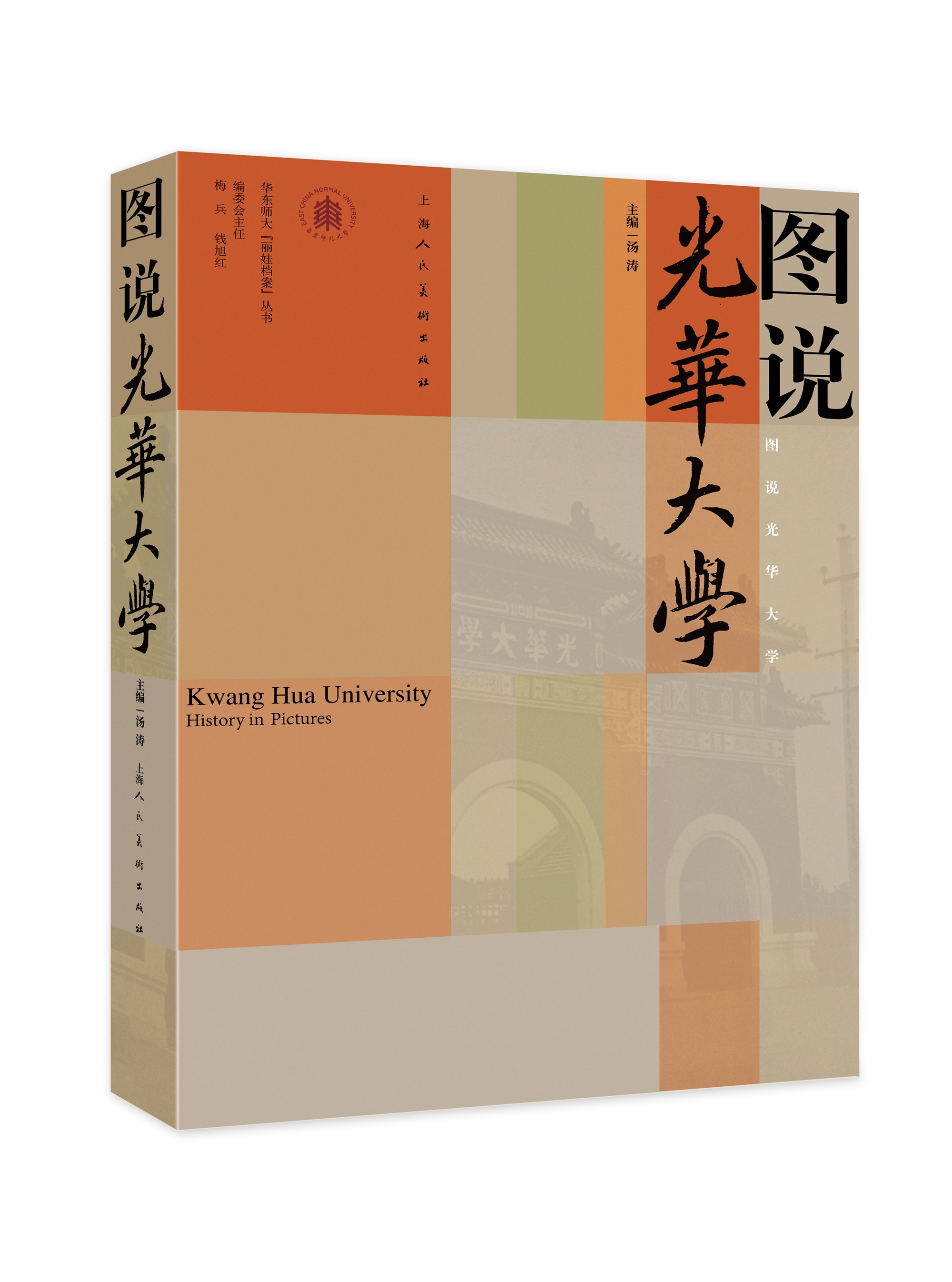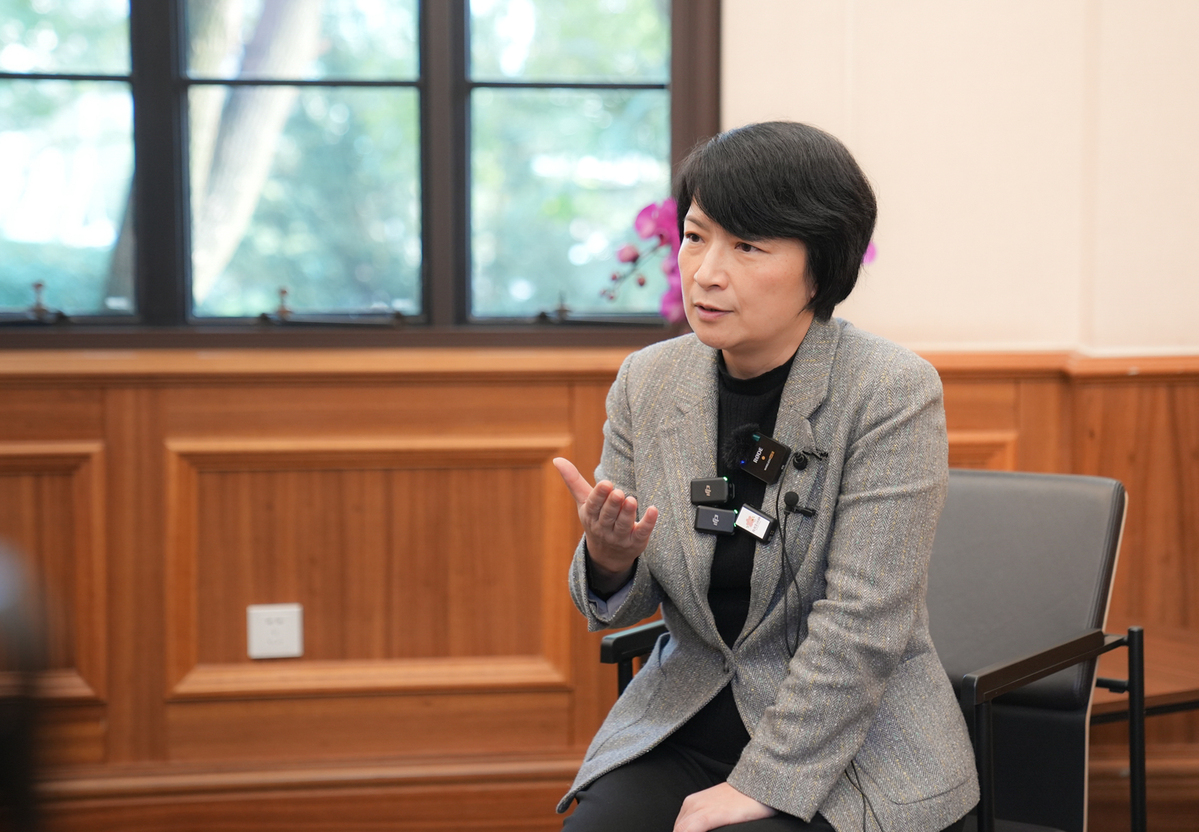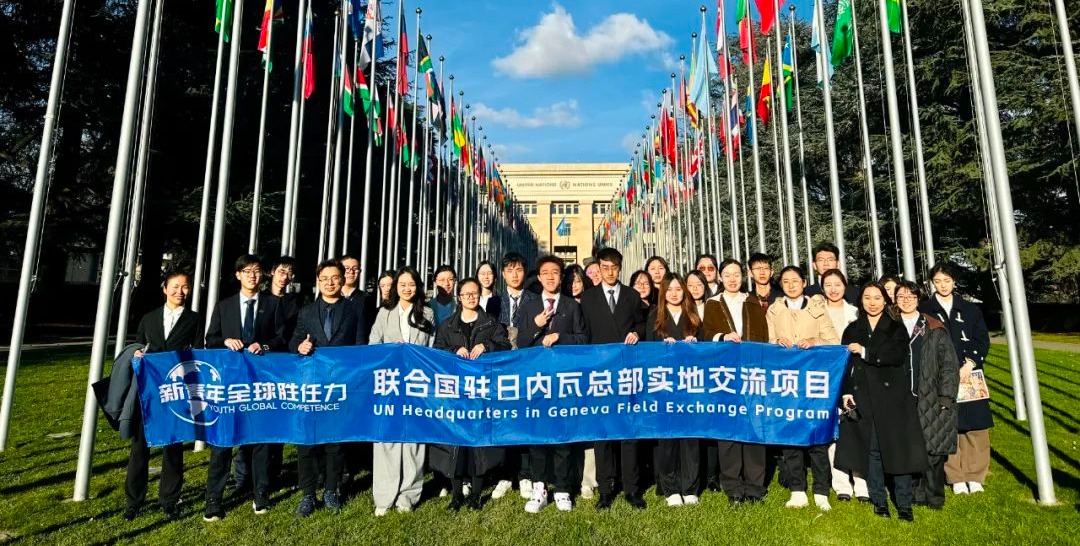# Hot Search #
On May 13, the highly anticipated fourth Ministerial Meeting of the China-CELAC Forum was held in Beijing, bringing together guests from various countries to jointly write a new chapter of shared destiny. When meeting distinguished Brazilian guests, Chinese national leaders emphasized that as two major developing countries in the Eastern and Western hemispheres, China and Brazil should strengthen cooperation in traditional fields such as infrastructure, agriculture, and energy, while also expanding into new areas including energy transition, aerospace, digital economy, and artificial intelligence.
May 14, the School of Communication at East China Normal University and the Global South Academic Forum proudly released a bilingual documentary in English and Portuguese depicting the vivid experiences of a Brazilian parliamentary delegation visiting China this spring. In Suzhou, Jiangsu Province, and Rongjiang, Guizhou Province, Brazilian rural legislators witnessed intelligent technologies enhancing rice production in China, and experienced new forms of rural entertainment firsthand at the lively "Village Super League" (Cunchao) soccer matches.
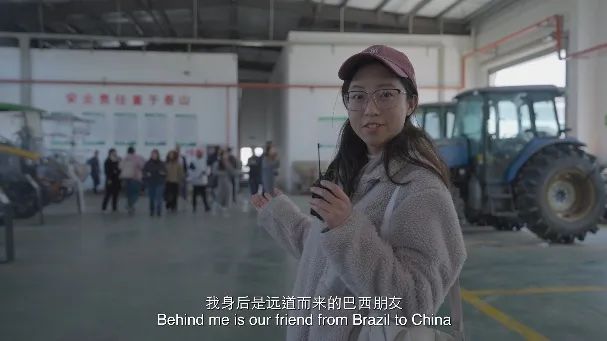

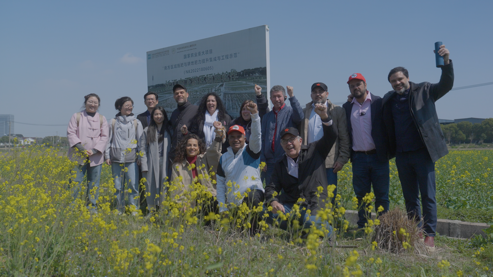
As an old Chinese poem says, "The joy of life lies in finding someone who understands you (人生乐在相知心, rén shēng lè zài xiāng zhī xīn)". In Latin America, there is also a proverb: "The one who has a friend has a treasure.” At the opening ceremony of the 4th Ministerial Meeting of the China-CELAC Forum held yesterday, Chinese national leader used these words to describe the promising prospects of cooperation between China and the countries of Latin America and the Caribbean.
Today, the School of Communication at ECNU and the Global South Academic Forum jointly present a special short documentary capturing the visit of a Brazilian ruling party parliamentary delegation to rural China. The film vividly portrays grassroots-level practices of a shared future between China and Latin America, offering a fresh and lively note to the friendship between the peoples of the two regions, while also serving as a valuable exploration in international communication across the Global South.


Source: ShanghaiEye

